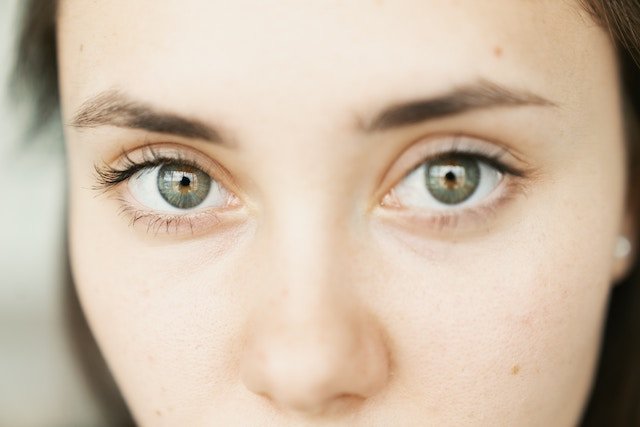
In a new study, researchers found key gaps in American’s knowledge of eye health, and what they don’t know is putting them at risk of vision loss.
The research was conducted by a team at The Harris Poll.
With the number of people affected by potentially blinding eye diseases expected to double in the years ahead1, it’s critical that people better understand eye health.
As the new year begins and people rededicate themselves to their health, the American Academy of Ophthalmology is urging Americans to get smart about eye health in 2020.
This survey was conducted online by The Harris Poll on behalf of the American Academy of Ophthalmology in August 2019 among more than 3,500 U.S. adults age 18 and older.
The team found while 81% of adults say they are knowledgeable about eye/vision health, less than 1 in 5 (19%) were able to correctly identify the three main causes of blindness in the U.S., which are glaucoma, age-related macular degeneration (AMD) and diabetic eye disease.
Less than half (47%) are aware that vision loss and blindness does not affect all people equally.
Only around one-third of adults (37%) know you do not always experience symptoms before you lose vision to eye diseases.
Less than half (47%) are aware your brain can make it difficult to know if you are losing your vision by adapting to vision loss.
The researchers hope all Americans to have a clear vision when it comes to eye health. That starts with educating yourself about eye diseases and visiting an ophthalmologist.
Ophthalmologists are medical and surgical physicians trained to recognize all the potential threats to vision.
The Academy recommends that healthy adults see an ophthalmologist for a comprehensive, baseline eye exam by age 40 and have their eyes checked every year or two at age 65 or older.
The impacts of vision loss are also underappreciated.
Another key finding of the study showed that people are unaware that vision loss can also amplify the adverse effects of other chronic illnesses.
Although the majority of adults (57%) are aware that vision loss in adults increases the risk for injury or death, only 1 in 4 (24%) know that vision loss in adults is associated with psychological problems such as social isolation and depression.
Previous study has shown that people fear vision loss more than they fear cancer, stroke, heart disease, and other serious health problems.
What this new study shows is that Americans are scared about an issue they know very little about. The year 2020, with all its symbolism with a clear vision, is the year to change that.
Copyright © 2019 Knowridge Science Report. All rights reserved.



